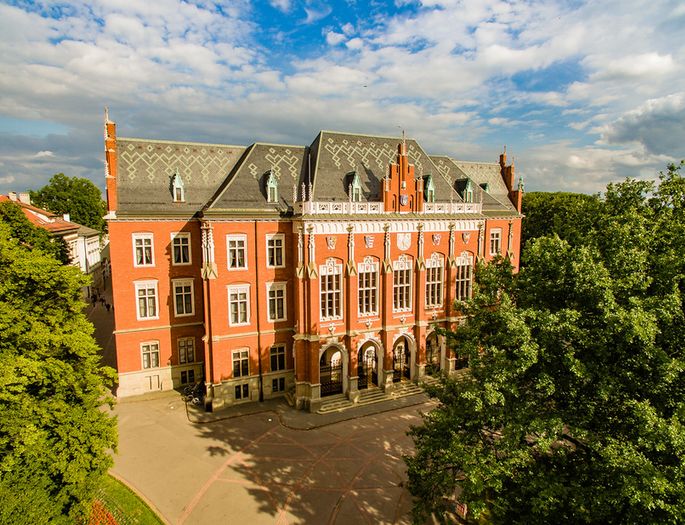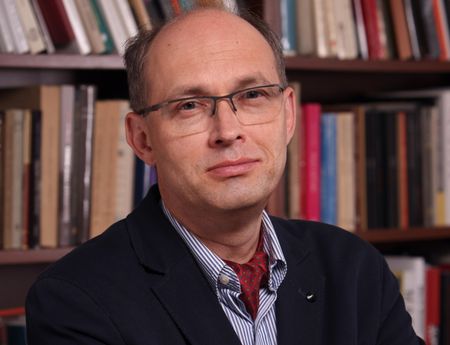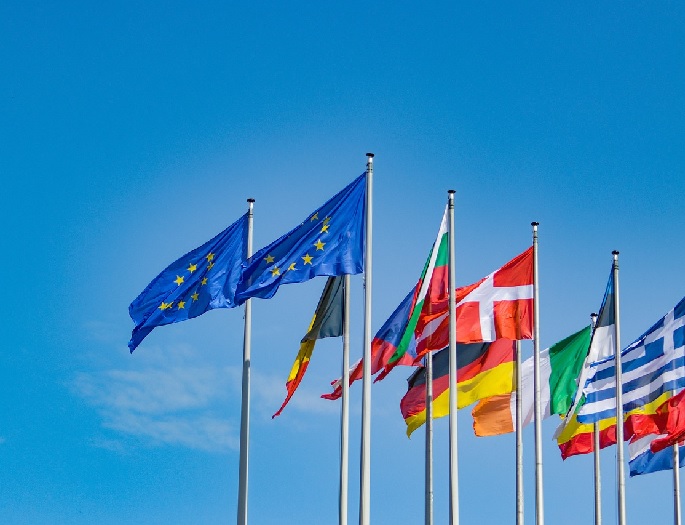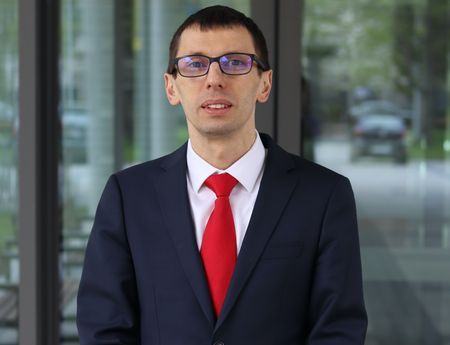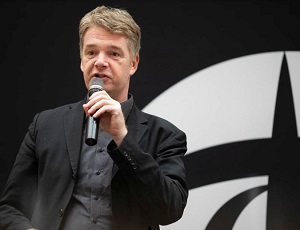
On 22 November, an open lecture by Prof. John-Dylan Haynes entitled ‘Free Will and Mind Reading’ was held at the JU Faculty of Law and Administration. Prof. Haynes is a distinguished brain researcher and the current director of the Berlin Center for Advanced Neuroimaging. The lecture is part of a series of meetings known as ‘Big Questions in Kraków’, co-organised by the Copernicus Centre for Interdisciplinary Studies, the Jagiellonian University and the City of Kraków.
Free will has been the subject of discussions for thousands of years. There are many concepts regarding this phenomenon, taking into account different factors. According to Prof. Haynes, neuroscience may contribute to better understanding of free will through scientific experiments conducted using cutting edge technology. During the lecture, Prof. Haynes presented the results of several such experiments which seem to suggest that human decisions – and, by extension, free will – are largely influenced by the natural physical, chemical, and biological processes occurring in the brain. Using scientific methods, researchers have been able to predict decisions made by volunteers in experiments as much as 7 seconds earlier than they realised. Prof. Haynes speculates that the human mind might be ‘imprinted’ into the brain the same way music is recorded on a CD.
We recommend watching the lecture in its entirety along with the following debate (available in English).
John Dylan Haynes obtained his PhD from the University of Bremen in 2003 for a thesis on neural correlates of visual awareness. He worked at the University of Plymouth, the Otto von Guericke University Magdeburg, and the University College London. In 2005, he started his own research at the Max Planck Institute in Leipzig. In 2006, he obtained professorship for his studies on the theory and analysis of brain signals. Since 2009 he has been the Director of the Berlin Center for Advanced Neuroimaging. Prof. Haynes’ research focuses on mechanisms that form the basis for human cognitive processes, such as imagination, planning, and decision making. He is also interested in the neuronal background of consciousness. Haynes’ articles, published in the most prestigious scientific journals have already been cited several thousand times.
The meeting with the eminent brain researcher is part of the series ‘Big Questions in Kraków’, a joint project by the Copernicus Centre for Interdisciplinary Studies, the Jagiellonian University and the City of Kraków in which science is presented as an important part of culture. The lectures address questions which have been asked for centuries, inspiring great writers, musicians and artists.












